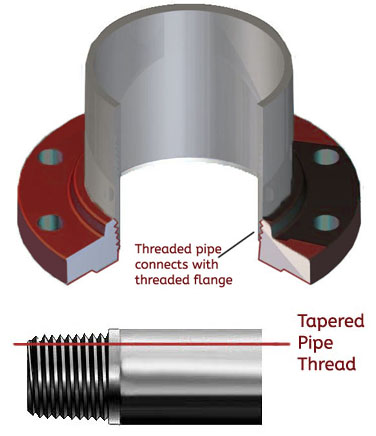A Ni-Cu alloy with high strength and good corrosion resistance
- Excellent resistance to hydrofluoric acid
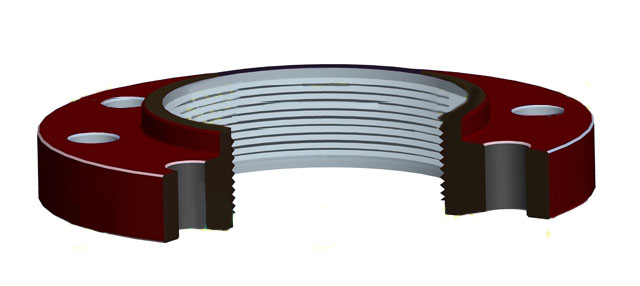 Excellent resistance to sea water for marine applications
Excellent resistance to sea water for marine applications- High strength metal with good toughness at high temperatures
- Usable in cryogenic temperatures
- In-depth information on grades 400 and K500
- Datasheets available for Monel 400 and Monel K500
- Threaded flange features and benefits
Strength & Saltwater Resistance
Monel® socket head cap screws are made from a nickel-copper alloy that exhibits high strength, toughness and good corrosion resistance. Renowned for the saltwater corrosion resistance, Monel is the go-to material by the navy. It is often used in many other marine applications for its combination of high strength and seawater resistance. Monel screws are even resistant to rapid moving seawater and will last many years in saltwater conditions.
Strength and Toughness from Cryogenic to 1000°F
Monel socket head cap screws offer excellent mechanical properties over a wide temperature range from cryogenic up to 1000°F. In US Navy tear tests at temperatures as low as -320°F, Monel 400 has displayed excellent ductility and toughness. In fact, it has shown little decrease in impact resistance when tested on plates at liquid-hydrogen and liquid-helium temperatures.
Monel K500 is an age hardened alloy, known for extreme strength even at high temps. But it is also excellent for cryogenic service. Monel K500's tensile and yield strength increase - with little or no change to ductility and toughness - even at the temperature of liquid hydrogen.
Excellent Resistance to Hydrofluoric Acid
One of the most outstanding characteristics of Monel socket head cap screws is that they offer exceptional resistance to hydrofluoric acid (HF), a particularly tough acid to deal with, in all concentrations up to the boiling point. For hydrofluoric acid applications Monel screws are perhaps the most resistant of all commonly used specialty alloys.
The most common grades of Monel nickel alloy flanges are Monel 400 and Monel K500 . Gain more insight on these two grades by accessing our Monel 400 and K500 overviews or by contacting our engineering experts.
Resources: Monel Torque Spec, Flange Dimensions, Flange Bolting Chart, Monel 400, Monel K500
Flange Types Available: Blind Flanges, Lap Joint Flanges, Slip On Flanges, Socket Weld Flanges, Threaded Flanges, Weld Neck Flanges
Common Grades of Monel Threaded Flanges
Monel 400
Monel 400, UNS N04400 (QQ-N-281), is a nickel-copper alloy with high strength and excellent corrosion resistance in a range of media including sea water, hydrofluoric acid, sulfuric acid, and alkalies. Monel 400 is commonly in marine engineering, chemical and hydrocarbon processing applications.
Monel 400 Specifications: BS3075NA13 (Wire), BS3076NA13 (Bar), ASTM B 164 (Rod, Bar, and Wire), ASTM B 564 (Forgings), ASME SB 164 (Rod, Bar, and Wire), ASME SB 564 (Forgings), AECMA PrEN 2305 (Wire for Rivets), SAE AMS 4675 (Bars and Forgings), SAE AMS 4730 (Wire), SAE AMS 4731 (Wire and Ribbon), DIN 17752 (Rod and Bar), DIN 17753 (Wire), DIN 17754 (Forgings), VdTÜV 263 (Sheet, Plate, Bar, and Tubing), QQ-N-281 (Plate, Sheet, Strip, Bar, Rod, Wire, and Forgings), Werkstoff 2.4360

Monel K500
Monel K500, UNS N05500 (QQ-N-286), is a precipitation-hardenable nickel-copper alloy that combines the corrosion resistance of Monel alloy 400 with greater strength (over 2x as strong) and hardness. It also has low permeability and is nonmagnetic to temperatures as low as -150°F (-101°C).
Monel K500 Specifications: BS3075NA18 (Wire), BS3076NA18 (Rod and Bar), ASTM B 865 (Rod and Bar), DIN 17752 (Rod and Bar), DIN 17753 (Wire), DIN 17754 (Forgings), QQ-N-286 (Rod, Bar, Wire, and Forgings), SAE AMS 4676 (Rod and Bar), ASME Code Case 1192 (Rod and Bar), ISO 9723 (Bar), ISO 9724 (Wire), ISO 9725 (Forgings), Werkstoff 2.4375

Mechanical Properties of Monel
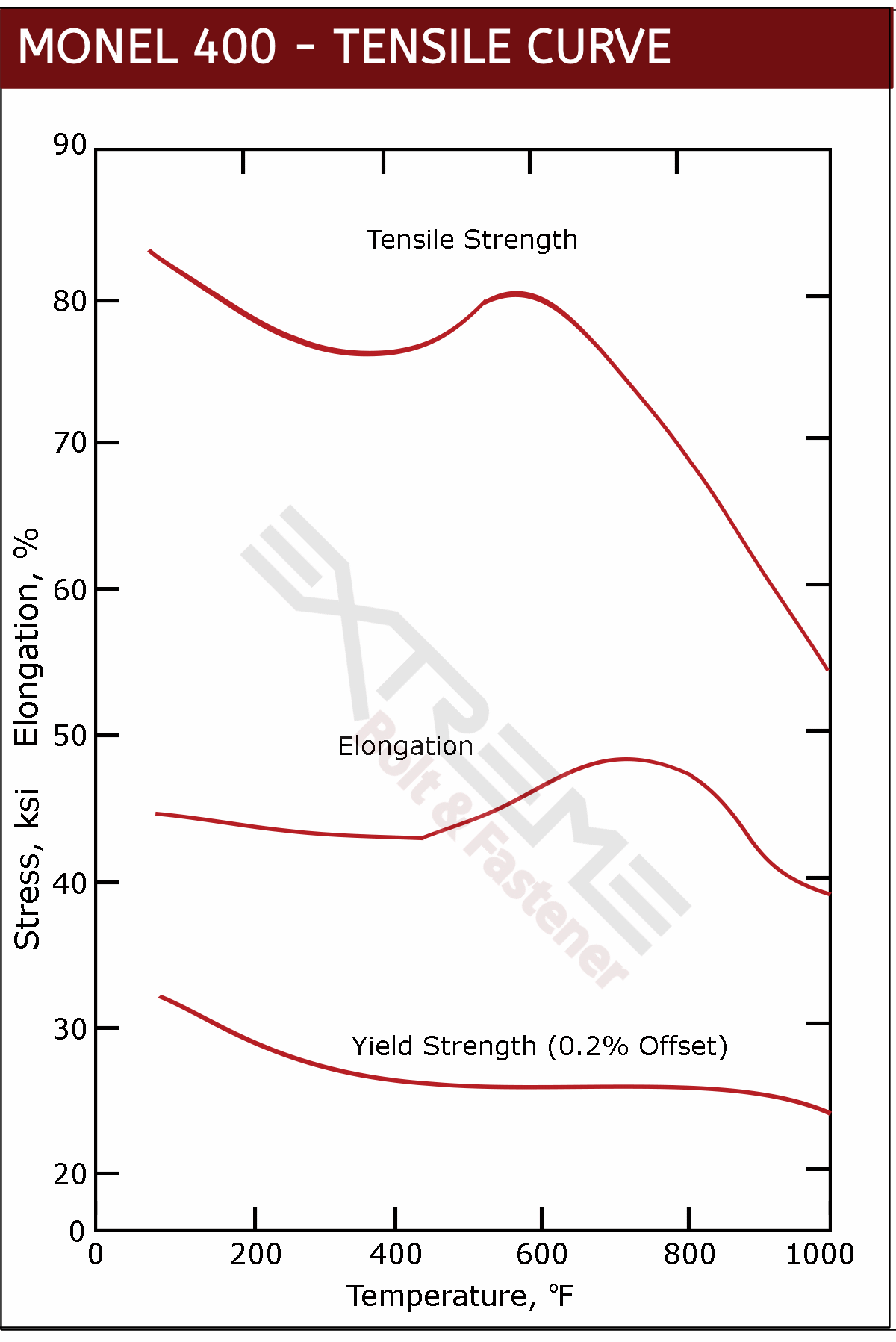
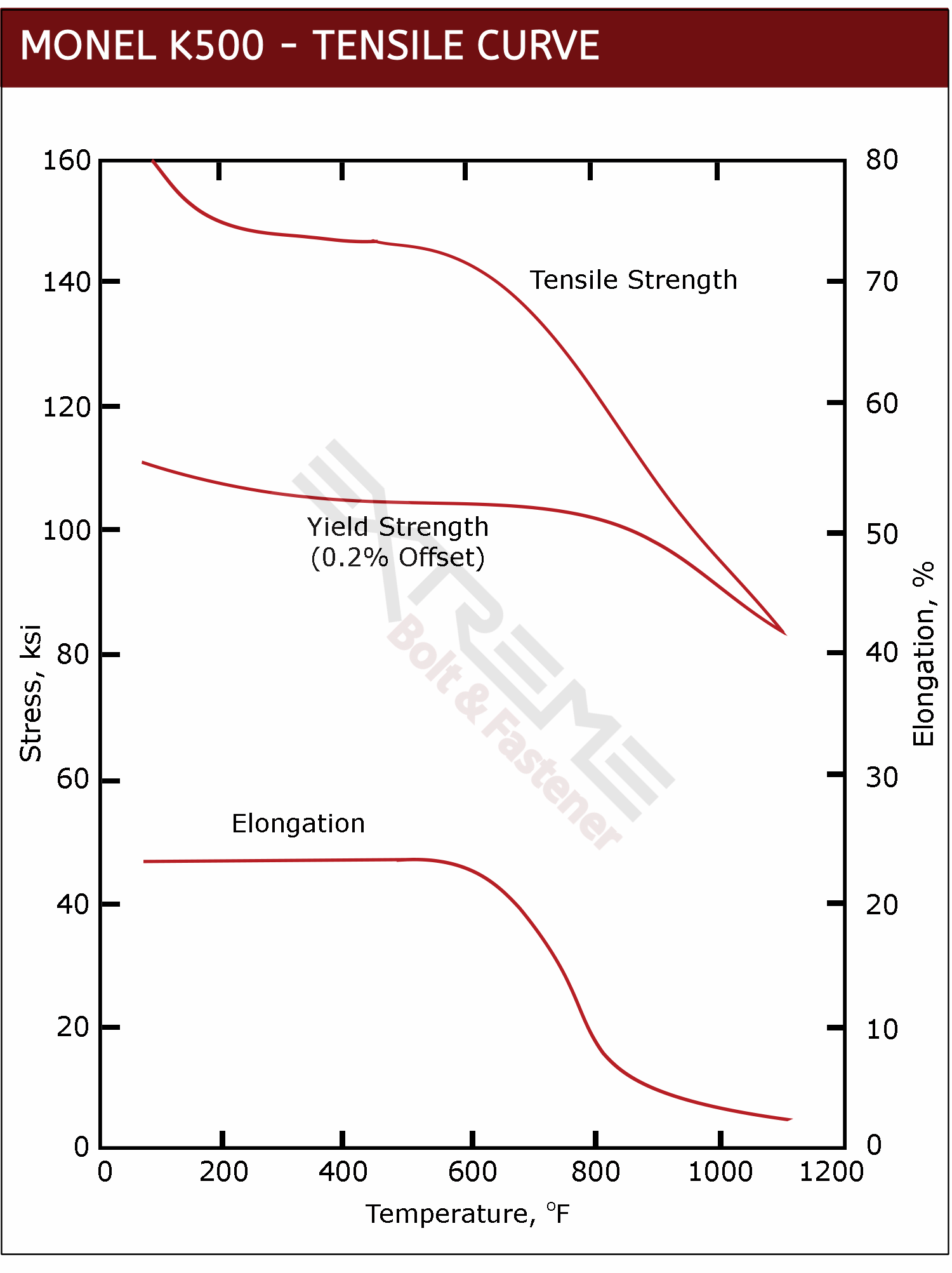
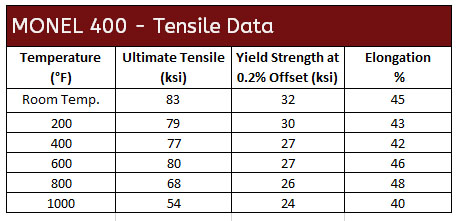
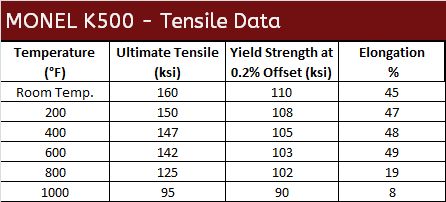
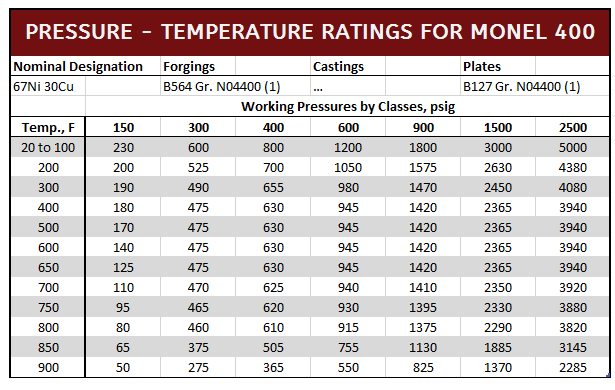
Monel 400 Corrosion Data
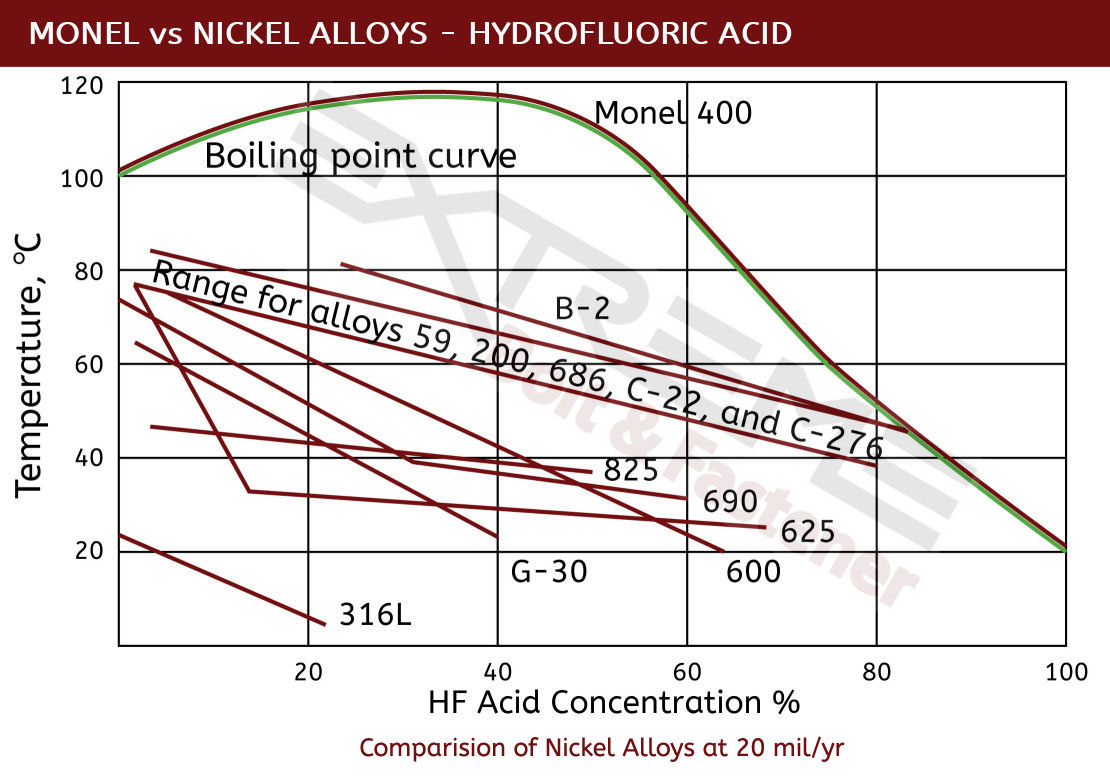
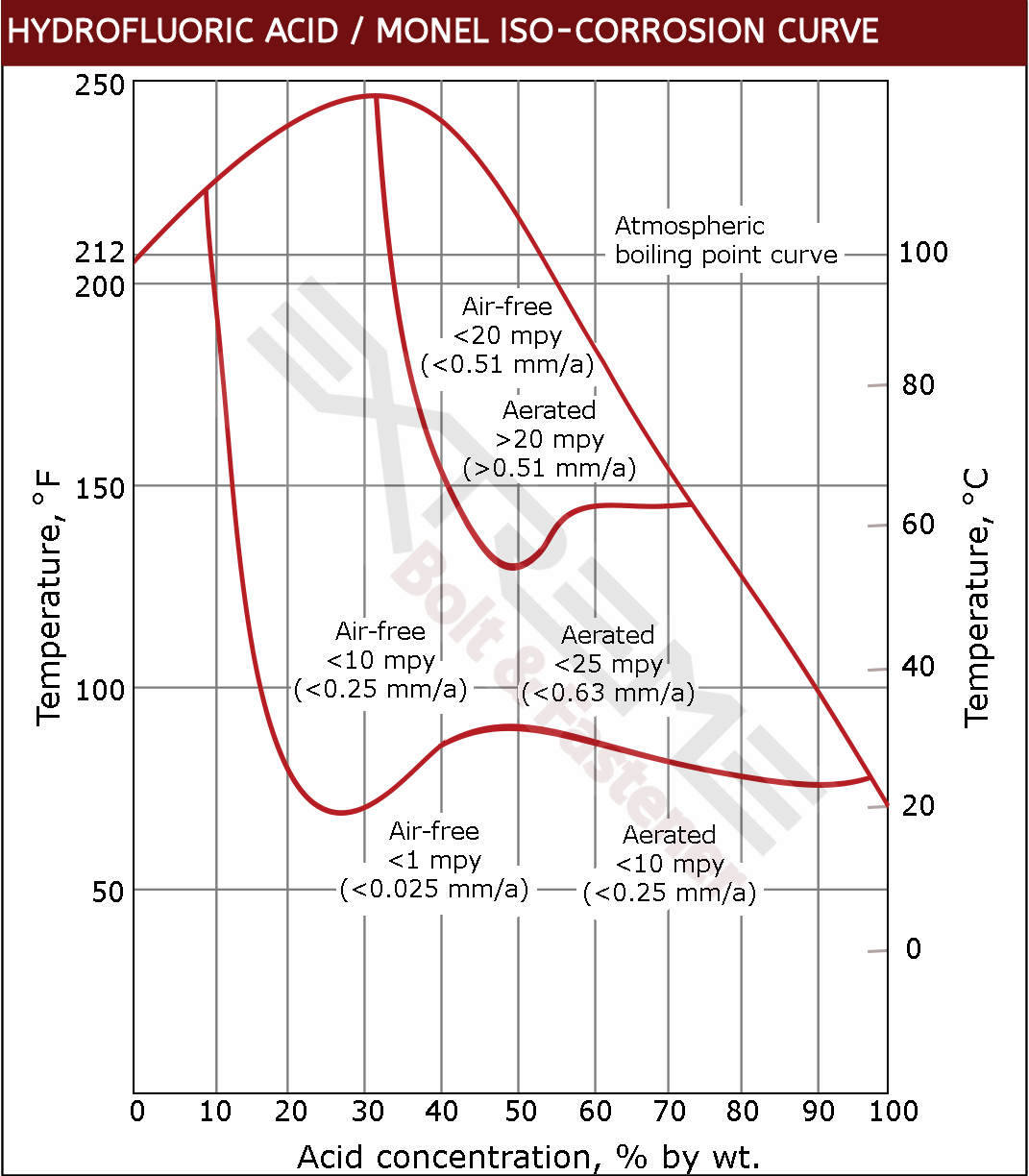
Monel Threaded Flange Features & Benefits
Monel threaded flanges have a tapered female thread to join the male threads of a pipe in order to create a tight seal. This type of flange is most ideal when post weld heat treatment is not possible in hazardous, flammable or explosive applications where welding is too dangerous. Monel threaded flanges are also convenient in pilot processes whose configuration is often changed.
Threaded Flange Advangtages
- The main benefit is that that threaded seal eliminates the need for welding.
- As they do not require welding they save time and money to install.
- Allow for connections to be made in dangerous, explosive applications where welding is not possible.
- Useful connection in materials that are difficult to create a successful and strong weld.
- Ideal for connecting small diameter pipes.
- Systems could be easily reconfigured.
Threaded Flange Disadvantages
- They are not suitable where high temperatures, frequent cyclic conditions or bending stresses are likely in applications.

